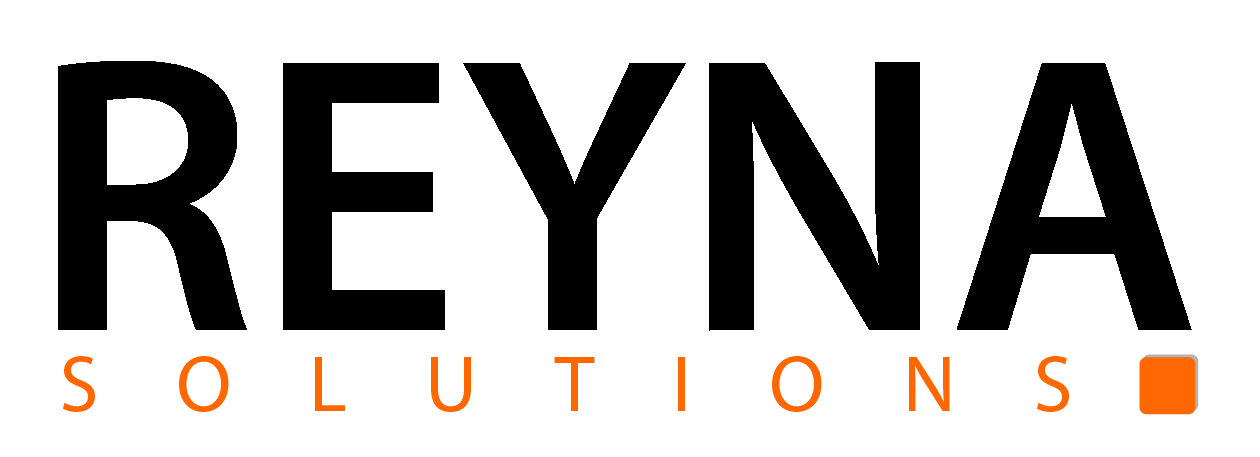How does Blockchain work in providing decentralized governance of records?
Blockchain, revolutionary technology, has evolved since the last decade and has been a promising finding to work on applications that simplify trusted information management. It’s a general-purpose technology helpful in transactions in decentralized governance of records that consist of land registration, taxation, legal entities management, auditing, voting, notarization, etc.
Blockchain is considered a secured database inherent with all the security measures. It is a public ledger to create and keep your trusted documents or assets in the form of encrypted data. Blockchain includes a unique system to store data encrypted in blocks transferred only as a digital asset. It preserves the integrity of the document and allows complete transparency within the system. Furthermore, because the data asset is decentralized, it can create trust among asset owners.
Using Blockchain in the governance of records
From a governance perspective, a comprehensive analysis of blockchain applications is used in a wide range of applications and is currently being tested for public services. It has the potential to redesign our interactions in business and enable blockchain-based decentralized governance to help reduce risk in terms of fraud and bring transparency in a scalable way for myriad uses. Thus, the emergence of Blockchain and decentralized platforms through algorithm-based consensus can be considered a boon and not a stand alone political theory.
Role of Blockchain in decentralizing records
Blockchain technology plays a significant role in building information management protocols to make it easier for government agencies to access data. As a result, governments can easily maintain trusted information of organizations, property transfers, assets, or business licensing in a secured format away from any fraud. Blockchain has given a new perspective and platform to protect valuable records against unauthorized access or manipulation of data. It encompasses an encoded digital ledger wherein the data cannot be changed or deleted and can only be verified using automation tools.
Capturing value from blockchain technology
In recent years, this reliable technology has impacted private firms, insurance companies, banks, and other financial organizations positively. They have invested a lot to work on these systems and have shown the highest interest in ensuring that their processes are decentralized and secured in the long run.
Over time, government offices have been keenly interested in deploying this technology on pilot projects. They have taken the support of IT departments to digitize existing records and manage them within a secure infrastructure. Blockchain allows organizations to gain direct control over all information by keeping it safe and sharing only with third parties once predefined conditions are met.
Moreover, adding to its benefits with the blockchain tools and technologies, government agencies may use this technology to protect critical data. It can be easier to protect the systems from criminals who steal or manipulate records. In blockchain technology, the encryptions are safe, and it is challenging to breach the encryption.
Addressing challenges
While the blockchain system is undergoing a rapid pace of innovation and adoption, it also presents a few challenges
– There are privacy risks but blockchain app development companies ensure that current and future encryption methods are robust enough to protect user privacy.
– Companies are introducing proper cutting-edge products to integrate blockchain systems within their existing IT infrastructure
– Government agencies are assessing legal proximities of Blockchain and adopting an incubator approach to change.
Conclusion
Based on the processes in Blockchain, implementing them in data governance measures can improve in implementing intelligent contract management. Blockchain can regulate transactions according to changing environmental conditions and challenging current status quo of innovation for automated governance.
For now, it seems as if Blockchain’s meteoric rise and the use of the ledger system will only evolve and establish opportunities for blockchain pilots. It has broadened ledger technology’s potential and is starting to take root in reality to permeate other sectors.
Keep your fingers crossed as we may get to see newfound uses for Blockchain on several ecosystems that run entirely on this burgeoning technology.







